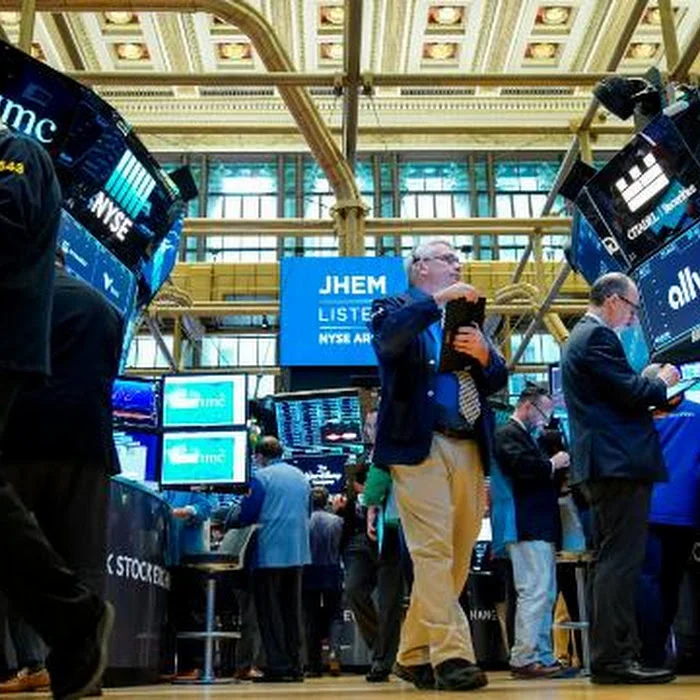The Cookie Crumbles: Reclaiming Our Digital Privacy
Okay, let's talk about cookies. No, not the delicious chocolate chip kind (though, frankly, a little comfort food might be needed after diving into this topic). I'm talking about those cookies – the digital trackers that follow us around the internet, quietly collecting data about our browsing habits, preferences, and even our personal information. It's a bit like having a tiny, invisible digital shadow that never leaves your side, and let's be honest, that's a little creepy, right?
Now, you might be thinking, "Dr. Thorne, this is old news! We've known about cookies for years." And you're right, we have. But what’s shifting now is the growing awareness, the pushback, and the increasing power you have to control your digital footprint. It’s like we're finally waking up from a long digital slumber and realizing we don't have to accept this constant surveillance as the price of admission to the internet. The tide is turning, and it’s about time.
The reality is, these little data trackers have become incredibly sophisticated. They're not just remembering your login details anymore. They're building detailed profiles of you, predicting your behavior, and using that information to target you with personalized ads, tailor content, and even influence your decisions. It’s a level of manipulation that, frankly, feels a bit dystopian. And while some of this personalization can be convenient, it comes at the cost of your privacy. I mean, how many times have you searched for something online and then been bombarded with ads for it for weeks afterward? It's annoying, intrusive, and frankly, a bit insulting.

But here’s the good news: you're not powerless. The article details the various ways you can manage your cookie preferences, from adjusting your browser settings to using opt-out tools provided by analytics and advertising providers. You can block cookies, delete them, and even opt out of interest-based advertising. It's not a perfect solution, and it requires a bit of effort, but it’s a start. It's about taking back control of your data and deciding who gets to know what about you. Think of it like cleaning out your digital closet – getting rid of all the unwanted clutter and taking stock of what you actually want to keep.
And this isn't just about individual action. It's also about holding companies accountable for their data practices. We need to demand greater transparency, stronger regulations, and more user-friendly tools for managing our privacy. The GDPR in Europe was a major step in this direction, and we need to see similar legislation enacted in other parts of the world. It’s not enough to simply provide users with a long, complex privacy policy that no one actually reads. We need clear, concise, and easily accessible information about how our data is being collected, used, and shared. And we need real consequences for companies that violate our privacy rights.
But here's the question that keeps nagging at me: how do we balance the benefits of personalization with the need for privacy? Is there a way to create a digital ecosystem that is both user-friendly and respectful of our individual rights? Can we develop technologies that allow us to enjoy the convenience of personalized experiences without sacrificing our anonymity and control? When I first started in this field, I thought that all data collection was evil, but I was wrong. There is a way to use all of this data for good, but it requires a different way of thinking.
The Dawn of Digital Self-Determination
Imagine a future where you own your data, where you decide who gets to access it and for what purpose. A future where you are rewarded for sharing your data, rather than having it exploited without your consent. It's a bold vision, but I believe it's within our reach. It requires a fundamental shift in the way we think about data, from a commodity to be extracted to a personal asset to be managed. It reminds me of the shift that happened with music, when people finally realized that artists deserved to be compensated for their creative work. It took time, but we eventually found ways to create a sustainable ecosystem for music, and I believe we can do the same for data.
